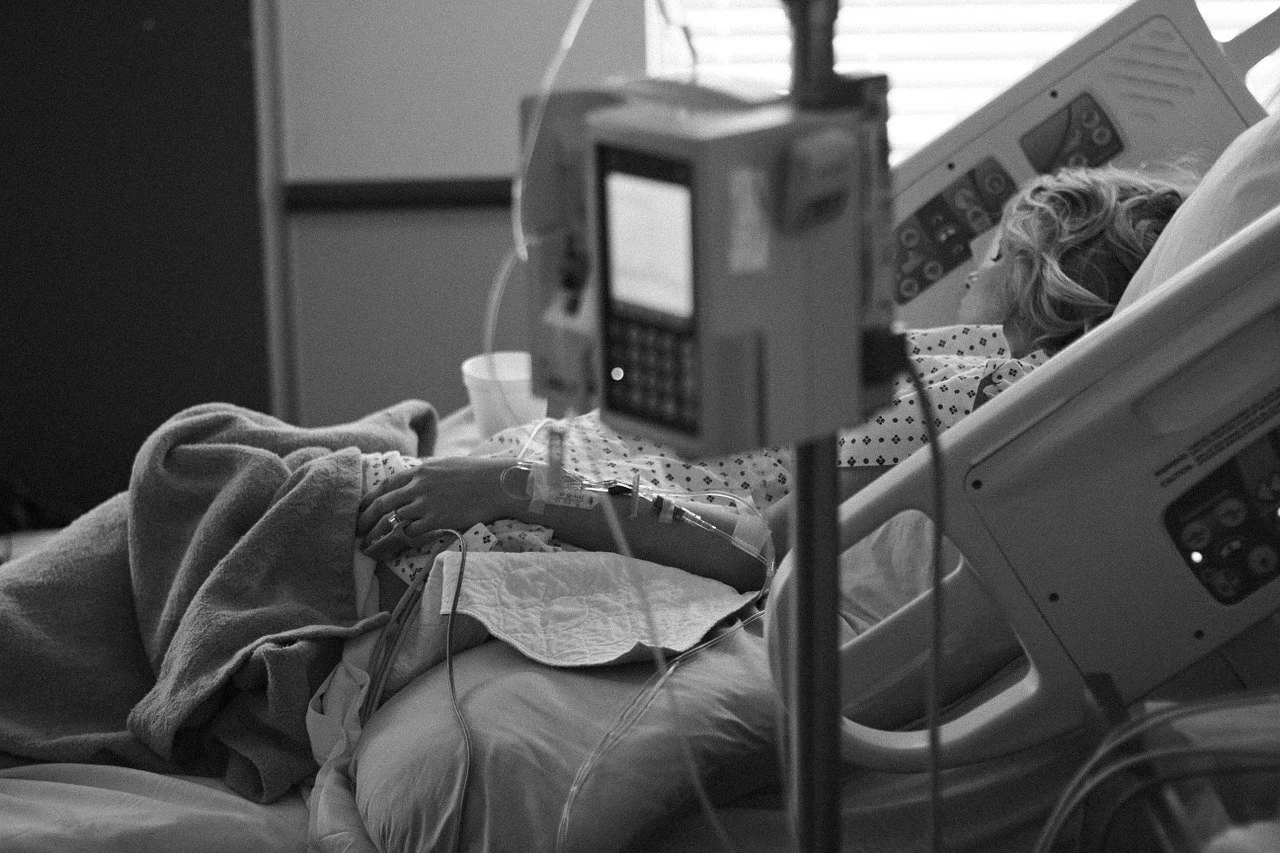
Terminal illness benefits and how insurers avoid paying out: read the fine print and keep up the premiums
Published on April 9, 2020
Many Australians take out terminal illness cover so that they can receive a payment under their policy in the event of their terminal illness.
Unfortunately making a claim for a terminal illness payment is not a straight forward matter and too frequently claims are rejected.
It is important to review your insurance, read the fine print and understand in what circumstances your terminal illness benefits will or will not be paid out. If you wish to continue your terminal illness cover, ensure your premiums are kept up to date. Below are some circumstances in which insurers typically reject claims.
1. The terminally ill person is not terminally ill enough
Sadly a person can be terminally ill but not terminally ill enough to fit the policy description, which may require a person to have a life expectancy of less than 12 months or 24 months. Therefore you can be dying of 3 forms of cancer but unfortunately the insurer does not have to pay out if your doctor is hopeful about your treatment and gives you a life expectancy of 2-3 years or a prognosis which otherwise does not fit the policy definition of “terminally ill”. It is possible for a person to be terminally ill and die but never receive their benefits during their lifetime because of the policy definition and prognosis at the time of claim. In that case typically the pay out will be a death benefit to family instead of the person who may wish to access the funds during their life.
2. The terminally ill person has not kept up with the premiums
A person can take out a policy at age 30 and pay for 40 years but due to illness they can no longer afford premiums or they otherwise fail to attend to their bills, probably because they are busy with bucket list activities or getting medical treatment. In this situation typically the insurer will terminate the policy and the terminally ill claimant will find their claim rejected when they do become terminally ill despite meeting the policy definition of “terminally ill” because they have not kept their premium payments up to date.
3. The terminal ill person is too old
A person can take out a death benefit and terminal illness policy at age 30 and pay for 40 years and at age 70 make a terminal illness claim. The insurer may reject the claim because the terminal illness cover ended at age 65, before the terminal illness, even though the claimant has been paying premiums for the policy after the age of 65. Check the cover and know what you are covered for. Seek legal advice about challenges available.
If you are having problems accessing total and permanent disablement, income protection, terminal illness or other insurance benefits, seek urgent legal advice. Contact Evelyn Garnett, Special Counsel of Carroll & O’Dea Lawyers.